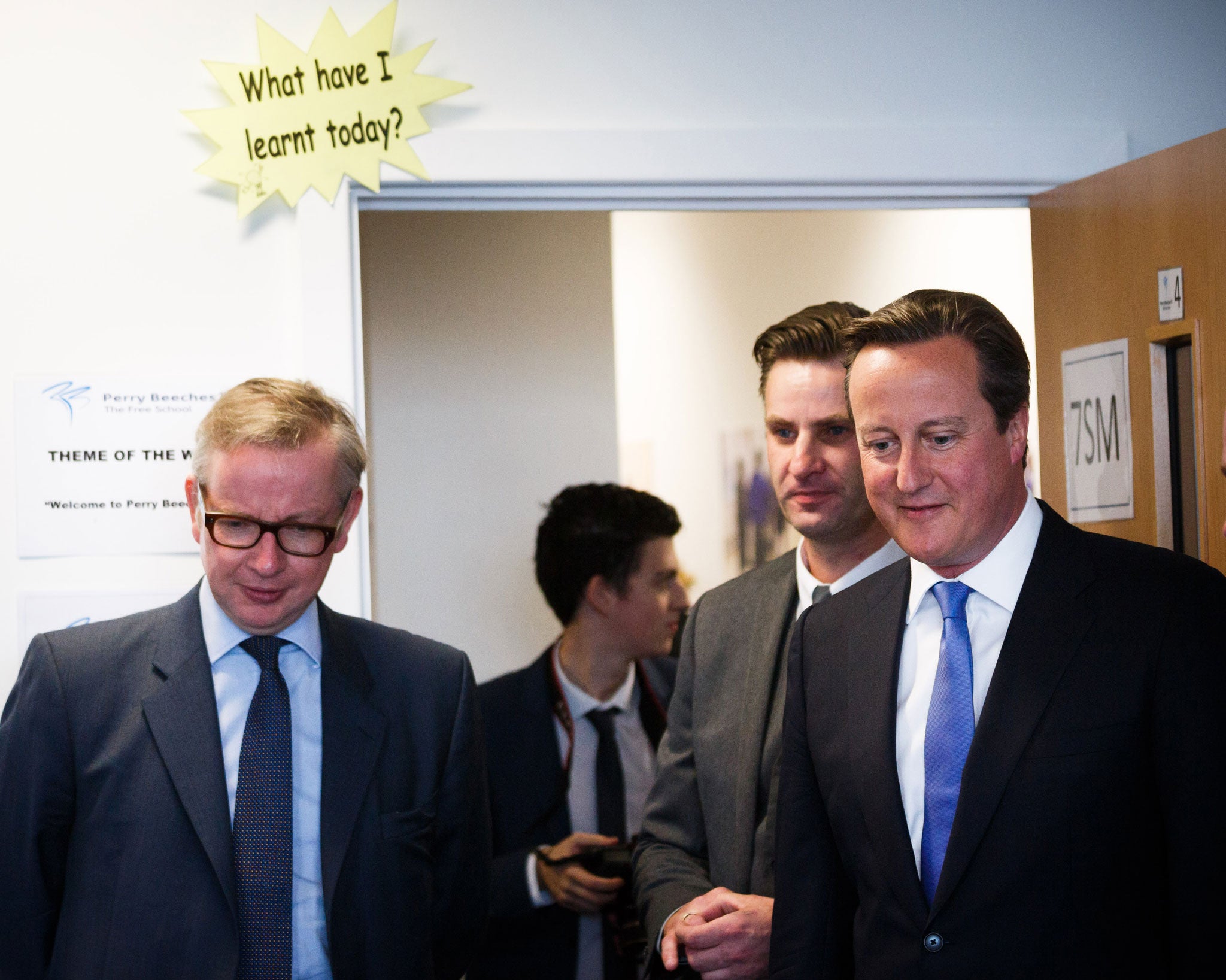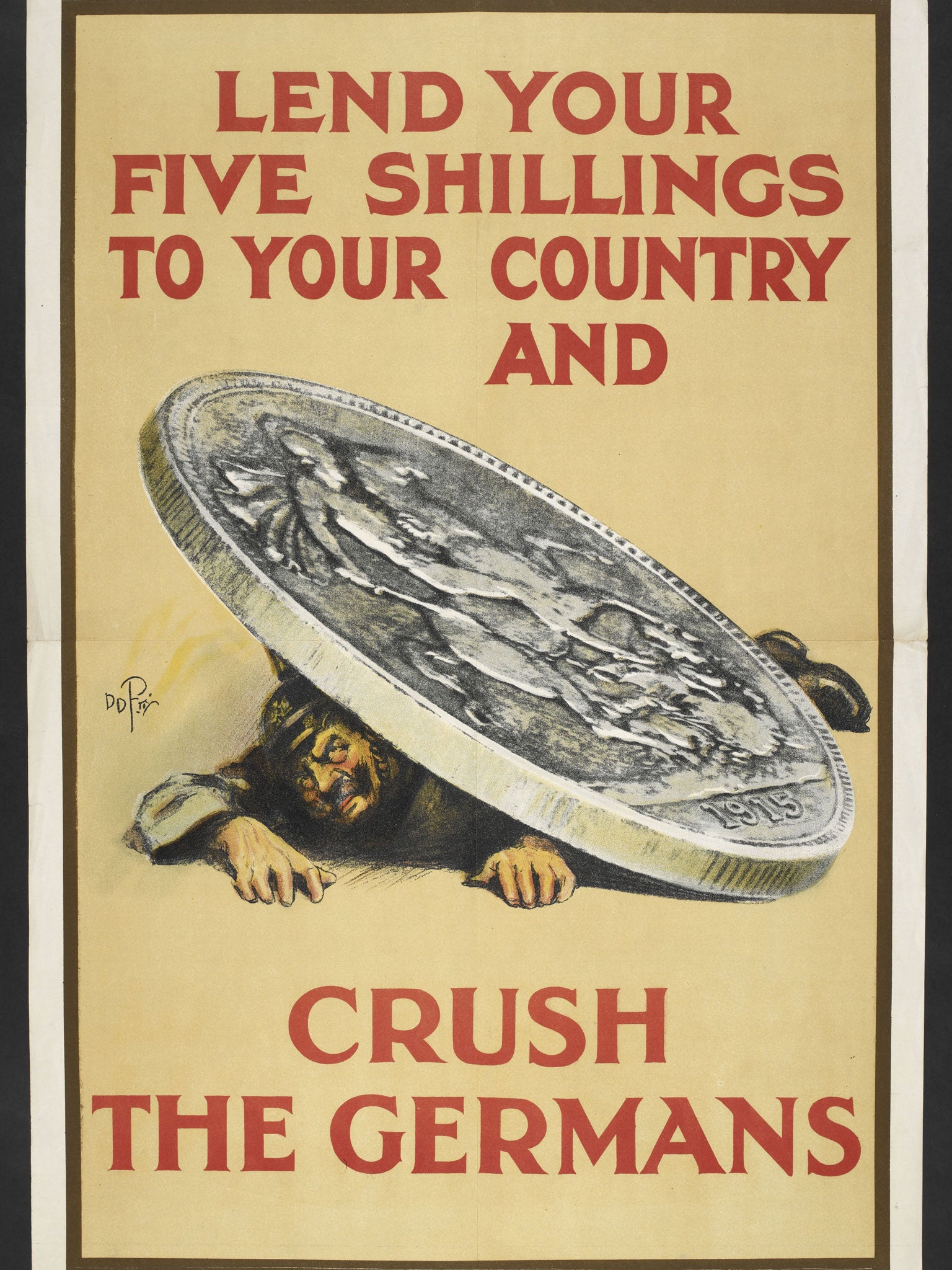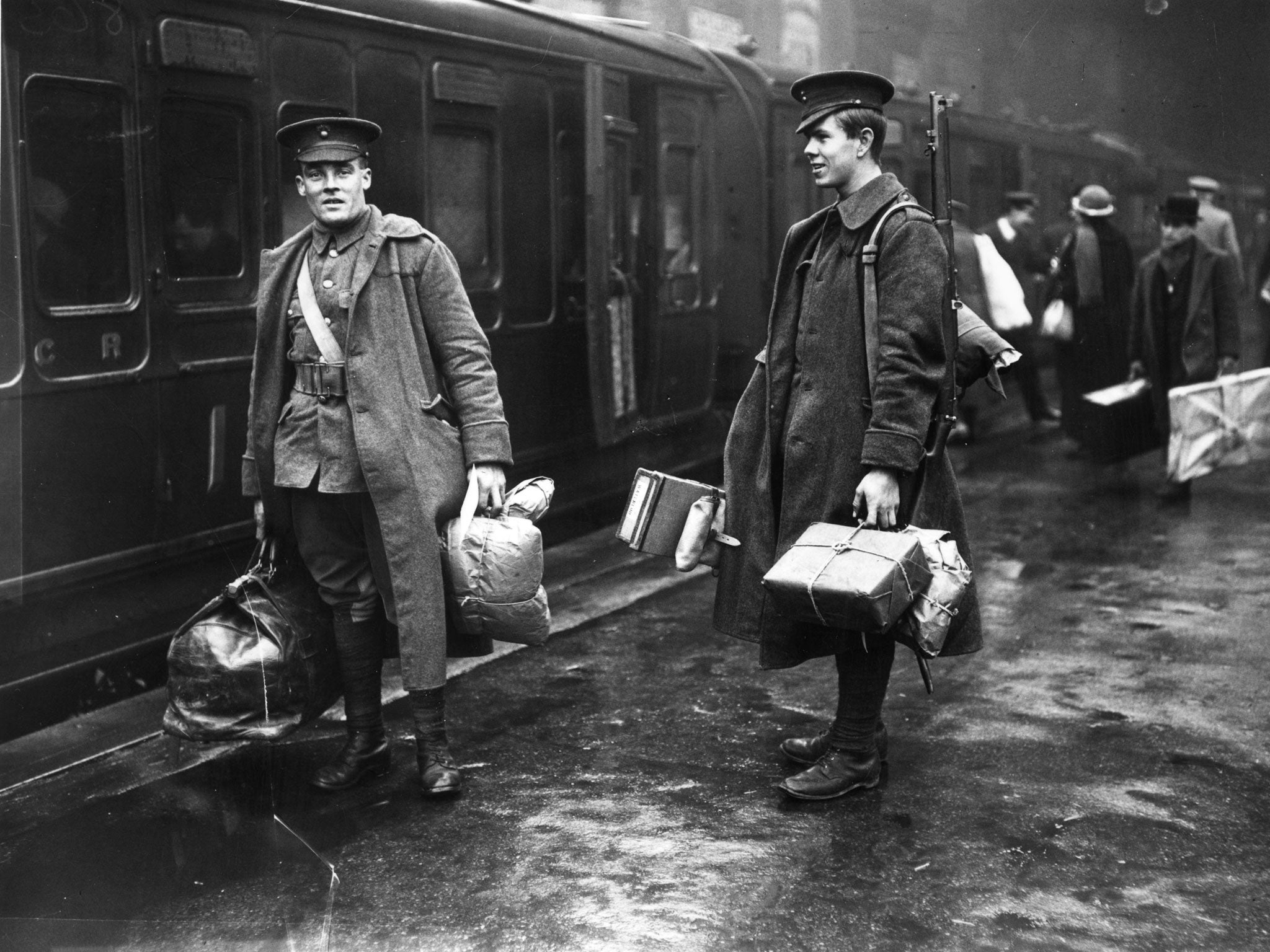A history teacher's appraisal of Michael Gove's approach to the teaching of history
The Education Secretary's ability to brush aside the past work of so many is worrying as well as sad

Praise be to Gove for never failing to give teachers something to get angry about. As some may have noticed, the Education Secretary has this time chosen for his target ‘left-wing’ historians, Blackadder and anyone in between who has, in his words, ‘misrepresented’ World War One.
What Mr Gove had to say was simple, and oh-so-familiar. Misguided lefties attack all that is true and good about British History, propagating a fallacy of the futility of Britain's action in World War One, when what really happened was we gave the Bosh a good kicking in the name of freedom and democracy. And left-leaning academics, says Gove, are all too happy to 'feed myths' that the war was little more than a 'misbegotten shambles'.
Problematically, the Education Secretary's argument is as much guided by ideology and pre-conceived, politically enthused, conjecture as those he seeks to challenge.
Indeed, although the title of Gove's article - Why does the Left insist on belittling true British heroes? -suggests he seeks to resurrect British pride from the scrap-heap of history, the real issue with the Education Secretary's ideas are that this ‘honour’ stemmed from the fact that Britain entered the war to protect all that was right and good in the world from the ‘social Darwinist’ and ‘aggressively expansionist’ Germans.
That the nuances of the outbreak of World War One remain a topic of endless historical debate hardly needs mentioning. Yet Gove’s ability to simply brush aside the work of so many whilst claiming that the war was fought in order to safeguard ‘the freedom to draw our own conclusions’ is worrying. Unfortunately, it is symptomatic of the Education Secretary habitual proneness to jumping into arguments that are considerably out of his depth.
Consider first his proposals for the reform of the History curriculum: a rewritten, brand-spanking new proposal designed to tell the ‘island History’ of Britain which in its advertisement promised so much. To say what it ultimately delivered was disappointing is an understatement. The draft curriculum caused an outrage amongst the teaching profession, was rejected by its own advisors and denounced by professional Historians and associations. Ultimately, it resulted in an embarrassing government U-turn. The words ‘misbegotten shambles’ spring to mind.

What most took issue with was the outdated image of Britain and her place in the world that the curriculum sought to propagate. In place of a balanced multicultural curriculum, students would learn about Victorian heroes, ‘Britain and her Empire’ and the successes of Parliament in all her glory. The nakedness of political directive was preposterous, not simply because Gove asked for and then ignored the advice of historians, but because the curriculum seemed to be designed with the intent of giving students no knowledge of the world outside of Britain’s impact upon it, but instead a one-sided recommendation of the ‘glorious’ History of British parliament.
As a historian himself, Gove should have known better than to politically prescribe education. Yet, despite the debacle and subsequent ‘no-confidence’ votes against Gove by teachers (twice) and headteachers it appears the Education Secretary still hasn't learnt the proverbial lesson.
His assertion that Britain entered the war in order to defend democracy from ‘social-Darwinism’ and ‘aggressive expansionism’ smacks of a wilful ignorance of the role played by British politicians and British troops in the name of the British Empire and ‘Civilization’ in the years preceding the war.

Perhaps this is hardly surprising when the unpopularity and easily ridiculed nature of Gove’s recent track record are considered in light of an impending countdown to 2015’s election and Labour’s current lead in the polls; if ‘lefties’ have belittled Douglas Haig, you have to wonder what they will write of Gove after another year and a half in office.
In the meantime, if Gove were to visit history classrooms he would find Year 9 students sensibly debating the origins of the war, taking in to account the roles played by all of the major European powers. He would also find them critically assessing Haig’s reputation in the light of both traditional and revisionist views alongside, more importantly, evidence.
That, Mr Gove, is exercising the ‘freedom to draw our own conclusions’.
Join our commenting forum
Join thought-provoking conversations, follow other Independent readers and see their replies
Comments